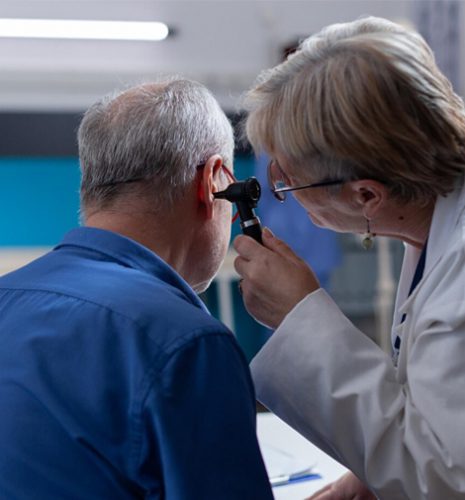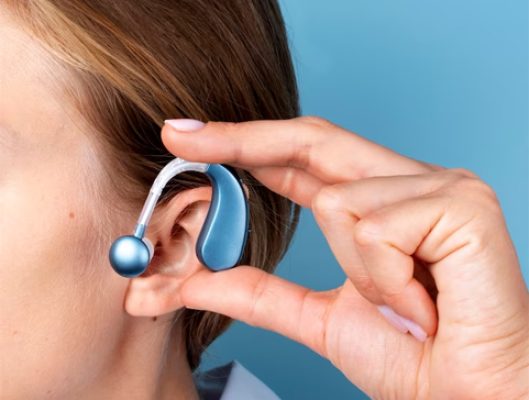A variety of different hearing problems can impact people of all ages, and some hearing loss happens naturally as people age and hence, one must get assistance from hearing specialist in Melbourne. Before an appropriate solution can be found, the issue has to be assessed with a hearing loss test at a hearing clinic. For a timely checkup, it is advisable to visit a clinic because different age groups require different kinds of testing.

Children's hearing test in Melbourne, which differ from adult hearing exams, are also available at the best hearing test centre. After evaluating each patient's unique situation, the best audiogram hearing test may be administered by clinics with the greatest technology. It is essential to get a child's hearing assessed if they are not responding to sounds or speech, have trouble speaking effectively, or exhibit other symptoms. Play audiometry, visual reinforcement orientation, behavioural observation audiometry, and objective assessments are the most crucial methods for evaluating children's hearing.
A Synopsis of Hearing Loss and the Contributing Factors
Presbycusis is a condition that may be evaluated with the right hearing exams as people age. Other types of hearing loss, such osocusis, can be brought on by a variety of environmental causes. Another hearing problem that is mostly brought on by lifestyle choices is sociocusis. This hearing problem may be caused by vascular degeneration brought on by specific lifestyle choices, such as smoking and certain eating habits.
The goal of today's highly advanced hearing aids is to offer clear audio, lower background noise, and enhance sound quality. There are several kinds of hearing aids available, including completely-in-canal (CIC), in-the-ear (ITE), and behind-the-ear (BTE), because people's needs fluctuate over time. Bluetooth connection is another characteristic of contemporary hearing aids that simplifies communication with smartphones and other devices.
It is essential that individuals monitor their hearing since it plays a crucial role in our lives. You may schedule a hearing test appointment at the top clinic online by calling them or by completing the online form.




